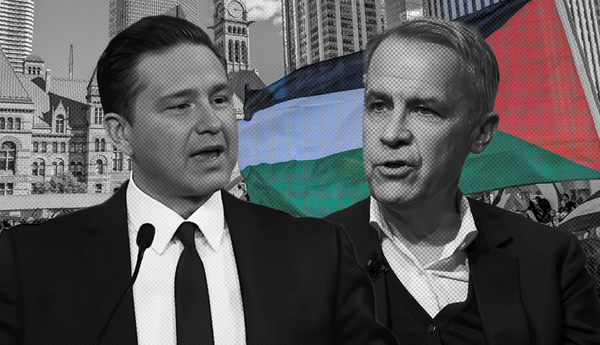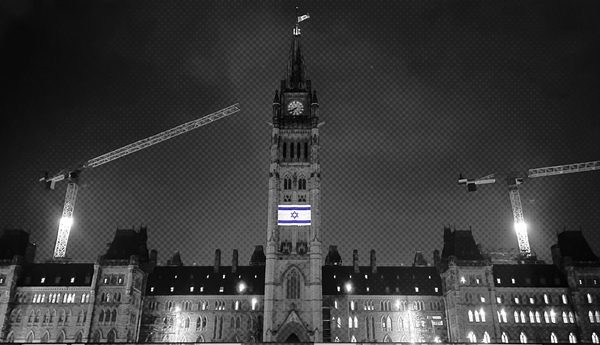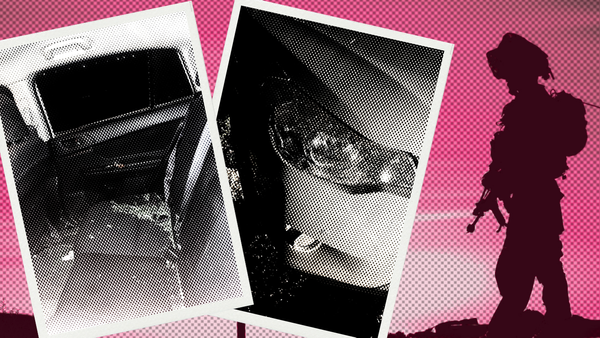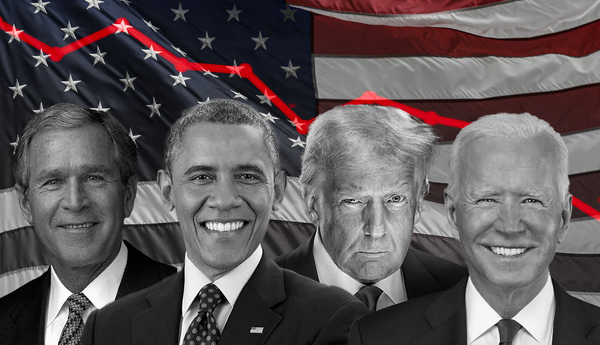On February 24, Russia began its invasion of Ukraine. Since then, Big Tech companies, sometimes in alliance with Western governments, have used a variety of measures to crackdown on voices and publications that have challenged NATO’s narrative on the conflict. These measures have included unfairly banning users, cutting off funding supplies, pulling networks off the air and then deleting archives of journalists’ work and smearing them as Russian agents.
For example, on February 27, within three days of the war beginning, RT was dropped by a variety of major telecom companies in Canada, including Bell, Rogers, TELUS and Shaw. On March 16, the Canadian government formally banned major TV providers from broadcasting RT and RT France. YouTube, meanwhile, blocked RT and other channels in Europe and the United Kingdom on March 1, and then followed up with a global ban, including Canada, on March 11. YouTube then wiped the archives of shows previously held on RT, by respected journalists Abby Martin and Chris Hedges, deleting hundreds of show episodes.
In early April, prominent political commentator and ex-United Nations weapons inspector Scott Ritter was banned on Twitter for vague accusations of “abuse and harassment,” reinstated after public backlash, and then permanently suspended. As Ritter responded in a Consortium News article, many believe the platform actually suspended him for his tweets and observations regarding Ukraine.
Later in the spring, PayPal suspended and held funds from popular alternative media publications MintPress News and Consortium News without warning, providing little reasoning for its actions and offering no recourse. Although the funds were subsequently released, the permanent suspensions pose a significant threat to the publications’ work and their contributors’ livelihoods. (MintPress News is now fundraising to continue operations.)
While it’s difficult to say with certainty why PayPal suspended the accounts — PayPal didn’t answer inquiries about its decisions from Consortium News, MintPress News or Matt Taibbi — it’s notable that both of these publications are widely regarded as adversarial ones, and have strayed from mainstream narratives about the war in Ukraine. And these sorts of suspensions, bans and deplatformings are happening on a larger scale: YouTube, for example, has taken down more than 70,000 videos and 9,000 channels producing materials related to the war in Ukraine since it began.
Twitter and Facebook have also continued their practice of labeling some networks and journalists associated with them as “state-affiliated” or “state-controlled” if they believe they don’t have “editorial control.” Yet “editorial control” is a vague concept, especially in a corporatized media environment where the ultra-wealthy own, fund and otherwise influence many publications. And as Passage managing editor Davide Mastracci noted in an August 2021 article, no media organizations in the West (including the CBC and BBC) carry the label on social media platforms, except the France-based publication Ruptures, which received it shortly after criticizing media coverage of ‘Russiagate’ and claims to have no affiliation with the Russian government.
Meanwhile, many people who happen to have worked or hosted shows for Russian state media but that demonstrate editorial independence — such as former British MP George Galloway, who is now suing Twitter — are being slapped with the label regardless, indicating a lack of consistent standards here, other than people that challenge pro-NATO narratives being punished.
The Impact
These decisions from Big Tech companies don’t just impact any individual journalists or publications mentioned, but rather the discourse surrounding this war in general, and the ability of people to mobilize against it. When anti-intervention or otherwise diverse and critical voices are inhibited, the population is deprived of access to a range of perspectives and information vital to decision-making and participating in public life.
For example, while many mainstream outlets portray the conflict as one where Russia is a violent, irrational aggressor, they often neglect to discuss the decades leading up to the conflict, or previous violence in the Donbas, where more than 14,000 people were killed prior to Russia’s invasion. As independent journalists such as Eva Bartlett highlight, Ukrainian forces instigated much of the violence in the region at this point, in direct violation of the Minsk Agreement, which established a ceasefire after the 2014 conflict and could have provided a diplomatic framework toward improved relations between Russia and Ukraine.
This sort of example is important not because it somehow justifies Russia’s invasion, but rather because it gets across information needed to have a better understanding of the conflict. And this information provides the foundation for people to oppose intervention and call for peace, not for more war, which is exactly what politicians throughout the West are doing.
In the United States, all Democrats in Congress, including the supposedly anti-war “Squad,” voted for a $40 billion USD support package for Ukraine, which includes $19 billion USD for direct military aid. The only “no” vote for the Ukraine support package came from a Republican.
Canadian officials fare no better. Prime Minister Justin Trudeau’s Liberal government has pledged numerous donations and loans toward military aid to Ukraine, including sending $98 million in late May as part of more than $500 million allocated for Ukrainian military assistance in Canada’s 2022 budget.
The Conservatives have also expressed pro-intervention sentiment. After Russia’s invasion of Ukraine, they released a statement calling for measures including the expulsion of Russia’s ambassador to Canada, the diplomatic and economic isolation of Russia internationally, and a suspension of RT from Canada. Moreover, despite concerns a no-fly zone could spark even worse conflict, Conservative interim leader and MP Candice Bergen insists it shouldn’t be off the table.
The NDP has largely joined in on their peers’ calls for uncritical intervention in Ukraine. NDP MP Charlie Angus made it clear on Twitter he’s not open to peace negotiations of any kind, writing, “We will negotiate when [Russian President Vladimir] Putin pulls his war machine out of Ukraine.” NDP MP Heather McPherson, on behalf of the party, called for increased aid to Ukraine’s government “so that Ukrainians can defend themselves,” and sanctions against Russia, saying “more must be done to stop Russia.” And Parliament unanimously agreed to consider Russia’s actions against Ukraine as genocide in a motion McPherson proposed in April, though there was no formal vote, and evidence for the claim, which is best made and proven in an international court before use, remains shaky.
Unsurprisingly, due in part to the lack of critical media coverage and discussion on social media that Big Tech bears some responsibility for, public opinion in Canada has not only supported these actions, but called for more militant ones.
A March poll from Abacus Data, for example, found that 65 per cent of Canadians support NATO implementing a no-fly zone over Ukraine. It also discovered that 76 per cent of Canadians would support the government banning Russian goods and services, and 60 per cent cutting off diplomatic ties with Russia and expelling its diplomats. An IPSOS poll, also released that month, found that 39 per cent of Canadians support Canada becoming directly militarily involved in the conflict.
In sum, a lack of critical journalism due in part to the stifling of independent voices has helped lead Canadians to uncritically support the pro-war stances their government has taken.
Such dangerous trends threaten free speech, journalism and healthy public discourse itself. Social media is one of the main venues for public discourse, yet it’s mediated by corporate entities that can’t be held accountable by the public. As the deplatforms and related suspensions and labellings I’ve mentioned reveal, these tech companies effectively have power over who can speak, in a corporate media environment where many important stories and perspectives already can’t make it to print.
It’s not a coincidence or accident that the voices on the virtual chopping block in this case and so many others are often anti-militarist or otherwise critical of mainstream news narratives. Unfortunately, those who will pay the heaviest price for unchecked calls to escalate conflict in this case are Ukrainian civilians.






